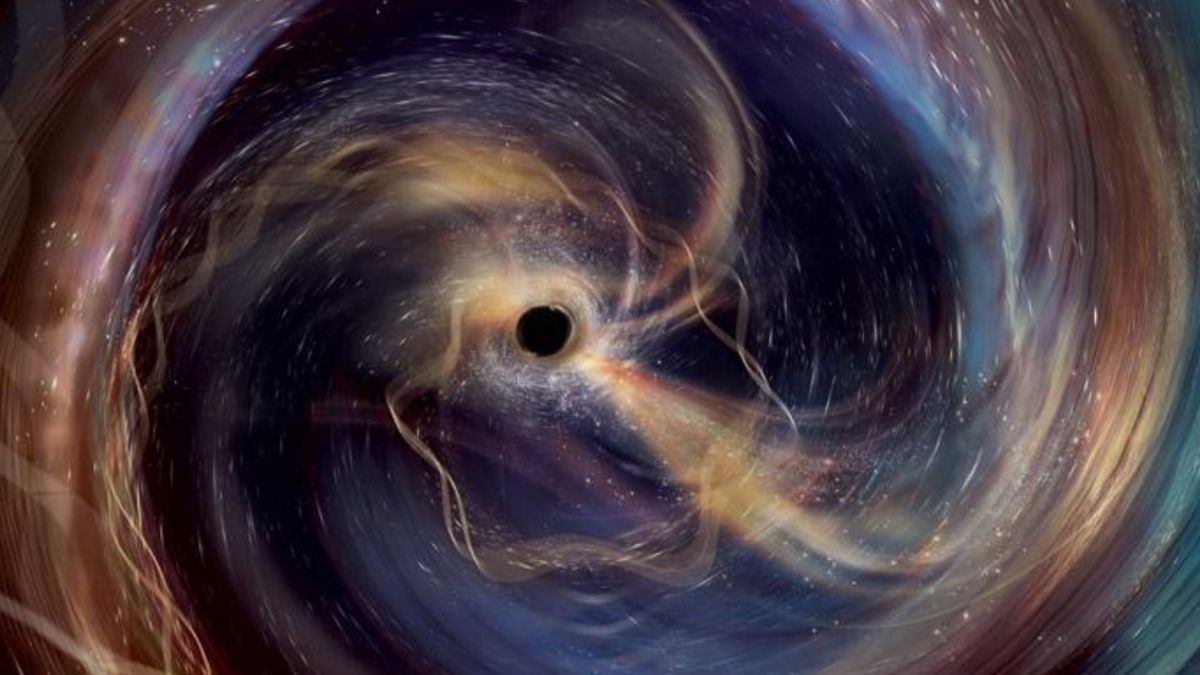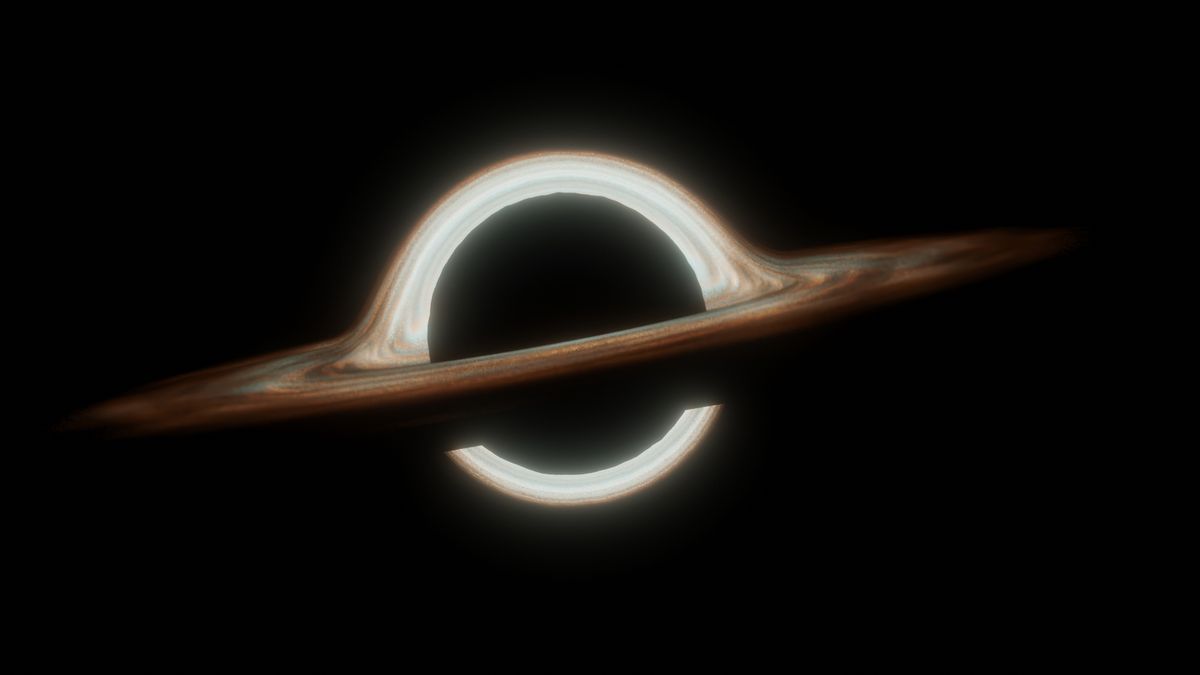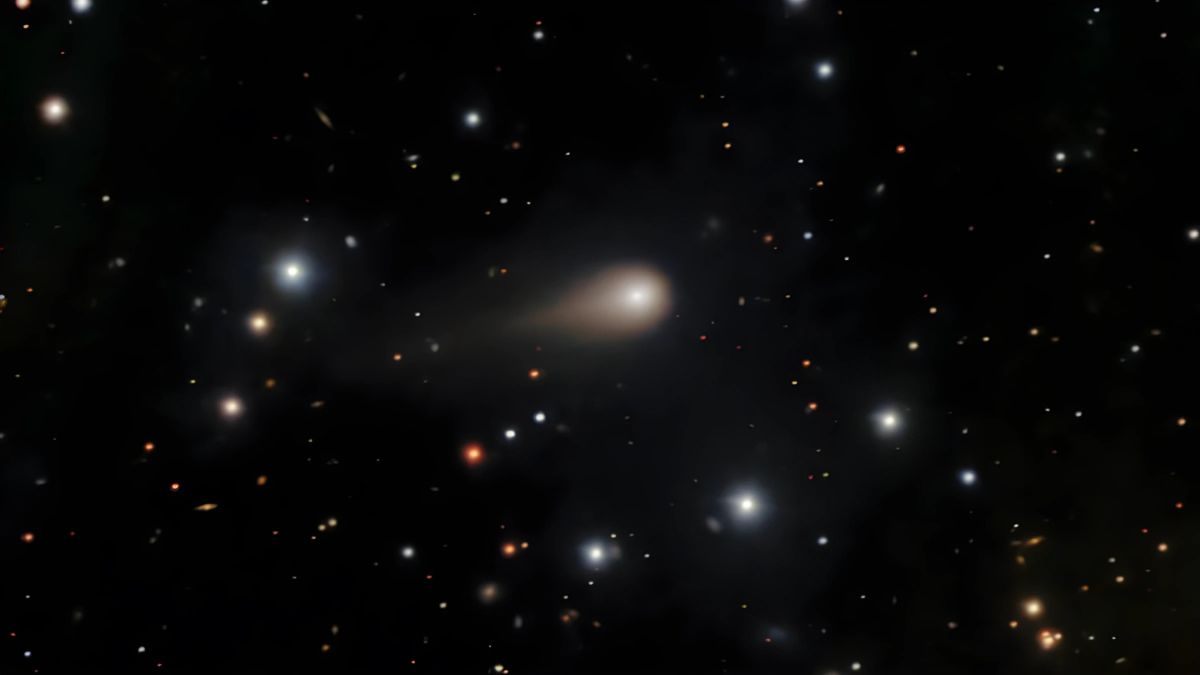We’ve spent decades staring into the darkness of black holes—those invisible monsters in space that suck in everything, even light. But now, something else has entered the conversation. Something that flips the whole idea on its head: white holes.
No, it’s not science fiction. NASA is seriously considering the possibility. And the craziest part? Einstein saw this coming more than a hundred years ago.
Table of Contents
Einstein
Back in the early 20th century, Einstein’s general theory of relativity shook up everything we thought we knew about space, time, and gravity. His math painted a wild picture: just as there could be objects in the universe that swallow everything (black holes), there could also be objects that do the opposite—spitting matter and energy out violently instead of pulling it in.
Einstein wasn’t entirely comfortable with that idea, but he didn’t deny it either. In fact, his equations hinted at the existence of white holes as a theoretical possibility—just one that hadn’t been observed.
Concept
So what exactly is a white hole? Think of it like the reverse twin of a black hole. Instead of dragging in light, time, and matter, a white hole throws it all out, violently and unpredictably. If black holes are the universe’s vacuum cleaners, then white holes are its geysers.
For decades, white holes were treated as a quirky result of math. Nothing more. But now, with the rise of quantum physics, deep-space telescopes, and gravitational wave detectors, scientists are starting to take the idea more seriously.
And here’s where it gets really interesting: some theories suggest that black holes could evolve into white holes over time. That would mean all the matter they’ve absorbed might not be lost forever—it could reappear someday.
Signals
Lately, NASA and other space agencies have been picking up some weird signals. We’re talking about:
- Gamma-ray bursts
- Gravitational waves without clear origins
- Mysterious radio signals from “empty” regions of space
These aren’t coming from black holes or collapsing stars. In fact, many of these signals are coming from nowhere, at least according to what we can see.
Could this be the first indirect evidence of white holes? Maybe. There’s no confirmation yet, but scientists are watching closely. These unexplained phenomena don’t match anything in our existing models. And that means something new might be going on.
Wormholes
Now, let’s go full sci-fi for a second (except it’s all based on real science). One of the most exciting theories is that black holes and white holes are connected through something called a wormhole—a tunnel through space-time.
If that’s true, it could mean:
- Time travel might be possible
- We could access parallel universes
- The universe could have no true boundaries
And here’s the kicker: the math checks out. All the equations work. We just haven’t seen the full picture—yet.
Purpose
Why does all this matter? Because white holes could answer some of the biggest questions in science, like:
- What happens inside a black hole?
- Where does the matter go?
- Can information ever be truly lost?
- Does the universe recycle itself?
If white holes are real, they could change the way we know space, time, gravity, and even the beginning of the universe.
Future
Right now, scientists are collecting data, comparing notes across observatories, and monitoring unexplained cosmic signals. Everyone is holding their breath, waiting for that one piece of evidence that could confirm white holes are more than just math.
If it happens—if white holes are real—it won’t just prove Einstein right again. It’ll open up a whole new way of seeing the universe.
And maybe, just maybe, it’ll help us finally answer the question: Where does it all go when it disappears into a black hole?
FAQs
What is a white hole?
A cosmic object that ejects matter, opposite of a black hole.
Did Einstein predict white holes?
His equations allowed for them, though he doubted their reality.
Is NASA detecting white holes?
Strange signals suggest the possibility, but nothing confirmed.
Are white holes linked to wormholes?
Some theories connect black holes to white holes via wormholes.
Can white holes help explain the universe?
Yes, they could answer big questions about time and space.



















